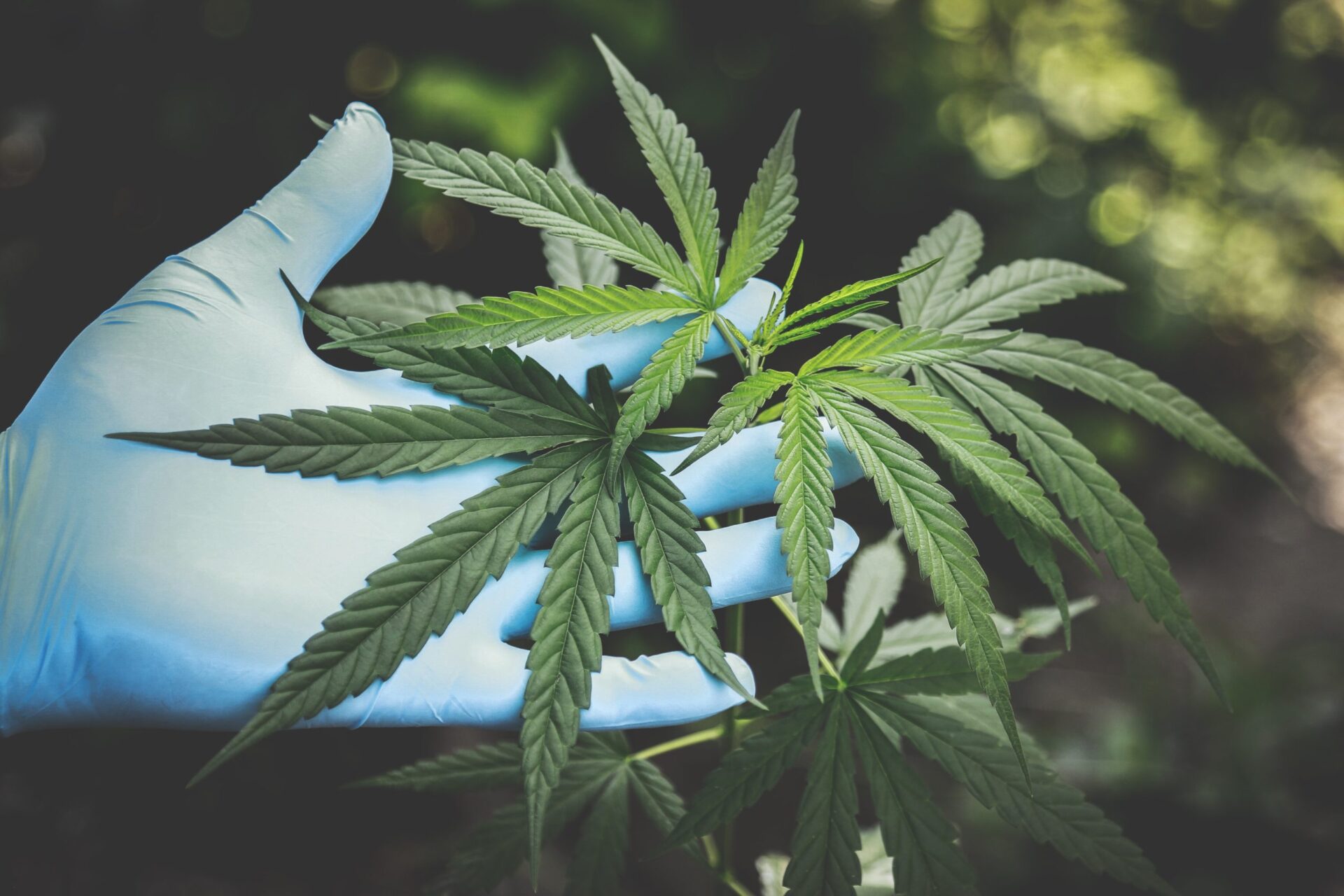The turn of the New Year has put new legislation into effect for the cannabis industry. Ohio joins 23 other states (and Washington D.C.) that have authorized cannabis for adult use, and with the addition of Kentucky, a total of 38 states now allow medicinal use.
While cannabis remains a Schedule I Controlled Substance federally (for now), cannabis businesses operating cultivation, processing and extraction facilities, and dispensaries should be aware of the ever-evolving local and state laws and regulatory updates to stay in compliance.

Employee Job Protections for California and Washington State Cannabis Users
California Assembly Bill 2188 (AB 2188) prohibits employers from firing or disciplining employees who test positive for cannabis. The law extends to job applicants who cannot be denied employment based on the results of drug screenings. The new law excludes employers in the building and construction industry, and workers and job applications for positions that require a federal background check or security clearance.
Washington State Senate Bill (SB 5123) for off-duty cannabis use protects job applications from facing employment discrimination during the hiring process over their lawful use of cannabis. Employers would still be able to maintain a drug-free workplace or prohibit the use of cannabis by workers after they are hired.
MIOSHA Cannabis State Emphasis Program (SEP) Addresses Occupational Safety and Health Hazards
In addition to legislative updates in these and other states for 2024, the State of Michigan’s Occupational Safety and Health Administration (MIOSHA) recently implemented Cannabis State Emphasis Program (SEP) is an example of the rapidly changing landscape in which cannabis operations need to be aware. The MIOSHA SEP prioritizes the safety and training of workers and serves as the legal foundation for scheduled MIOSHA inspections at facilities engaged in the cultivation, harvesting, and processing of recreational cannabis within the State of Michigan.
Through June 2023, MIOSHA performed 12 enforcement inspections of cannabis facilities, uncovering 37 violations of MIOSHA regulations. These infractions included lapses in respiratory protection, personal protective equipment, chemical hazard communication, availability of eyewash facilities, proper storage and handling of flammable liquids, adherence to electrical safety measures, equipment guarding, accurate recording and reporting of occupational injuries and illnesses, and instances of chemical overexposure to peracetic acid.
Cannabis Industry Health & Safety Compliance Solutions
All employers with 1 or more employee are required under OSHA to provide a healthy and safe work environment. Cannabis employers should understand the unique hazards and risks that come with the growing, processing, extraction and distribution that makes up the cannabis market. Under both Federal and State OSHA, cannabis companies are responsible for implementing and maintaining health and safety programs and procedures including PPE, HazComm, and ventilation to name a few.
The National Institute for Occupational Safety and Health (NIOSH) research reports individuals involved in the cultivation, harvesting, and processing of cannabis are susceptible to dermal exposure to both psychoactive and medicinal chemicals present in cannabis. They also face ergonomic stressors and potential exposure to allergens and respiratory hazards through the inhalation of organic dusts (such as fungi, bacteria, and endotoxins) and volatile organic compounds (VOCs) like diacetyl and 2,3-pentanedione. This exposure to organic dusts and VOCs is particularly evident during the decarboxylation and grinding of dried cannabis material, activities that generate heightened concentrations of VOCs and endotoxins. Furthermore, the marijuana industry introduces various safety concerns related to horticulture, manufacturing, heavy equipment usage, logistics, and retail. Given that the industry historically conducts volumes of cash transactions, there is an elevated risk of workplace violence for those handling or transporting cash or products.
RHP Risk Management recognizes the distinctive hazards and challenges inherent in the cannabis industry’s process, encompassing growth, processing, extraction, and distribution. Our team of Board-Certified Industrial Hygienists (CIHs) and Safety Professionals (CSPs) offer effective solutions for addressing health and safety requirements to both newly established and existing cannabis businesses. Our CIHs and CSPs specialize in devising tailored solutions for cannabis worker safety, conducting audits, designing and implementing customized OSHA-mandated health and safety programs through employee training, assessment of occupational exposures and situational awareness, respirator fit testing, monitoring air quality, evaluating ventilation systems, and managing chemicals and waste in cannabis laboratories and processing facilities. We ensure the plan aligns with OSHA, ANSI regulatory authority requirements, and NIOSH recommendations.
Contact RHP by calling (773) 867-6010.
